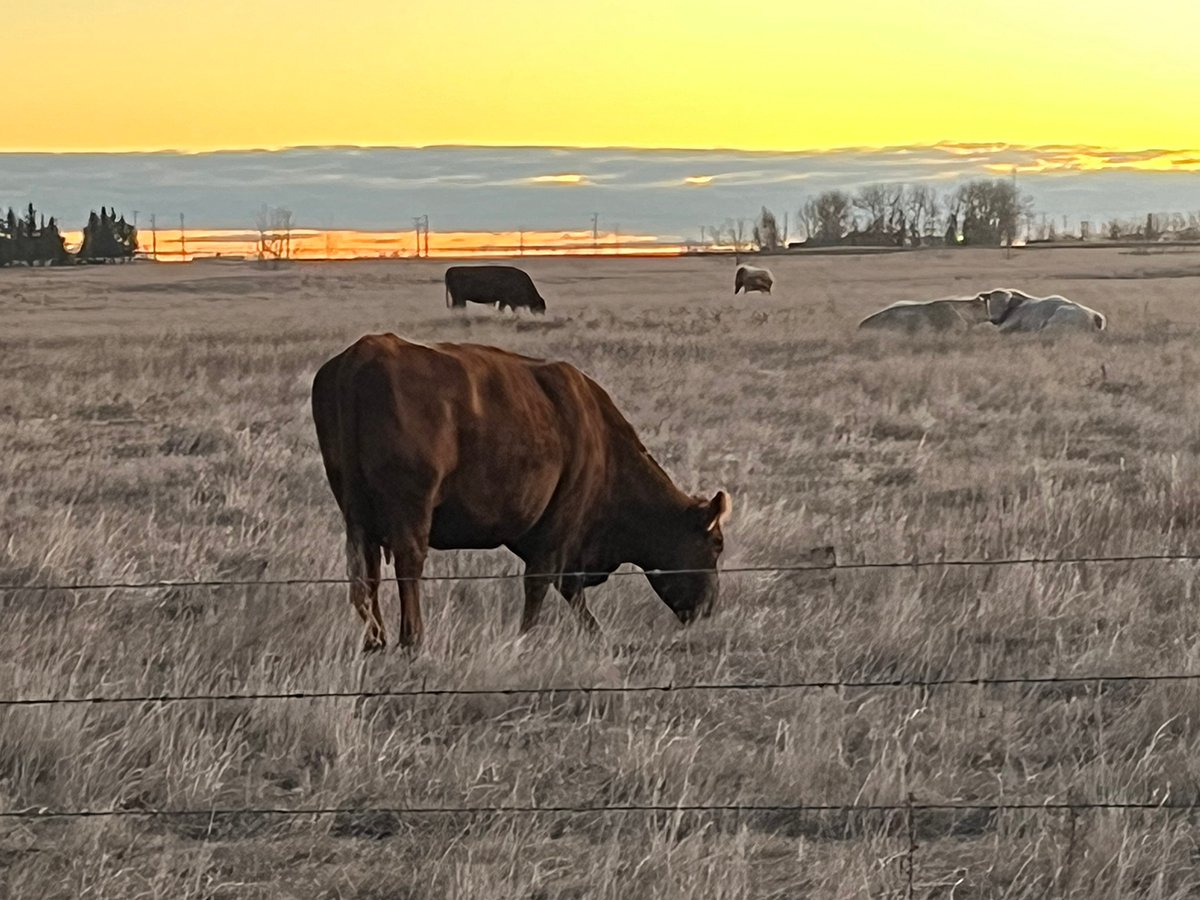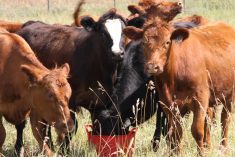As a timothy hay grower, Doug McBain has learned the meaning of valued added.
The president of the Western Barley Growers Association sells to Japanese customers who order hay specifically from his farm near Cremona, Alta. The hay is identity preserved and every bale can be traced back to a strip of land on his farm.
He believes such niche markets could work for prairie grain farmers who grow low-value, bulk commodities like wheat and barley, but only if regulatory changes are made to Canada’s grain marketing system.
Read Also

Animal protection delivery to change in Saskatchewan
The Saskatchewan government is looking for a new agency to handle animal welfare after Animal Protection Services of Saskatchewan decided not to renew its contract next year.
McBain is one of a long line of barley grower presidents who have carried the torch for a voluntary Canadian Wheat Board. He also knows change is a slow process.
He said during the barley growers meeting in Calgary Feb. 13 that farmers would be on their way to value adding if they could offer grain with specific qualities that could be segregated.
“There is value in what you can grow but you aren’t getting it,” he said.
A dual market is already available to barley growers who choose to sell their grain to Alberta’s livestock industry, but many want to go beyond that with other business ventures. McBain said while some ideas may collapse, others could succeed.
“A failure in business should be not be determined by a regulatory system that doesn’t give them a chance to try.”
The Alberta government has vowed to help farmers like McBain by continuing to push for a 10-year open test market in the province.
Agricore United, Alberta Beef Producers, Canadian Federation of Independent Businesses and the Canadian Chambers of Commerce support the idea, said Alberta Agriculture official Nithi Govindasamy, whose duties include assessing the wheat board debate. He told the barley growers meeting that the next step is convincing the board and the federal government.
The Alberta wheat and barley test market act came into force Jan. 1, 2003, and meetings have been held between Alberta agriculture minister Shirley McClellan, the wheat board and the federal government. McClellan’s goal is to convince the board and the government that the province needs change for economic growth.
“There is not much evidence around that mandatory systems will lead to growth we need to see,” Govindasamy said.
Alberta has a goal of $20 billion in value-added processing and $10 billion in primary production by 2010.
“We’ve got sufficient evidence that value adding under the current system is being impeded quite heavily.”
He said the provincial government believes regulatory change would attract more value-added investors to Alberta because they would not have to deal with the current system.















